
What is the attachment theory?
Key points: Attachment is a relational process that starts developing since infancy and consolidates during the first years of life, which involves a…
Discover the key milestones of physical, cognitive, linguistic and socio-affective child development and understand the science behind child development.
Discover the key milestones of physical, cognitive, linguistic and socio-affective child development and understand the science behind child development.

Key points: Attachment is a relational process that starts developing since infancy and consolidates during the first years of life, which involves a…
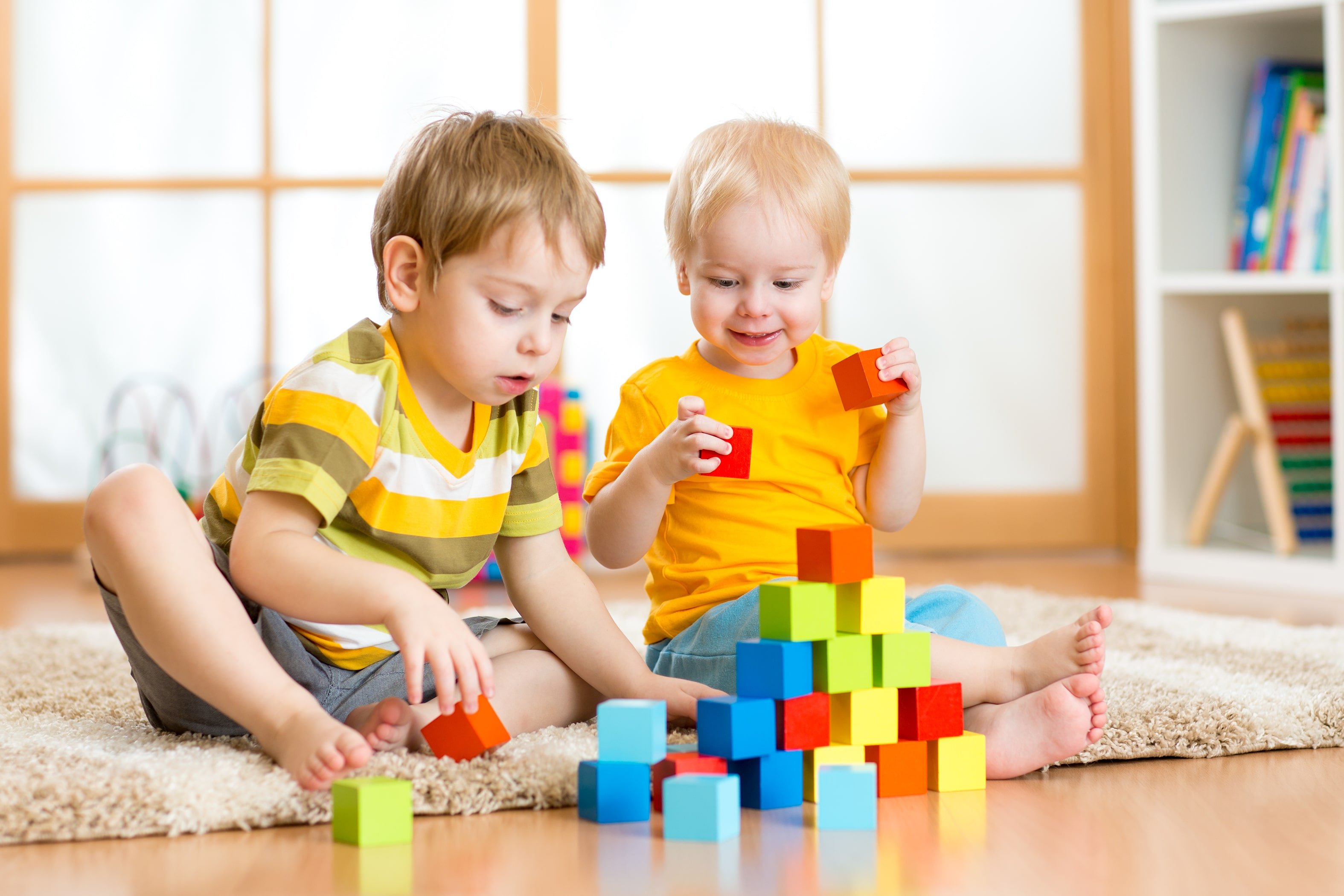
We as humans are social beings, so all parents look forward to seeing their little ones begin to make friends and interact with…

Key points: Babies learn language from listening to people around them, and as they get older, they start to comprehend and express themselves…

Introducing solids to a baby is very exciting. And since we use the same parts of our mouth for eating and for talking,…
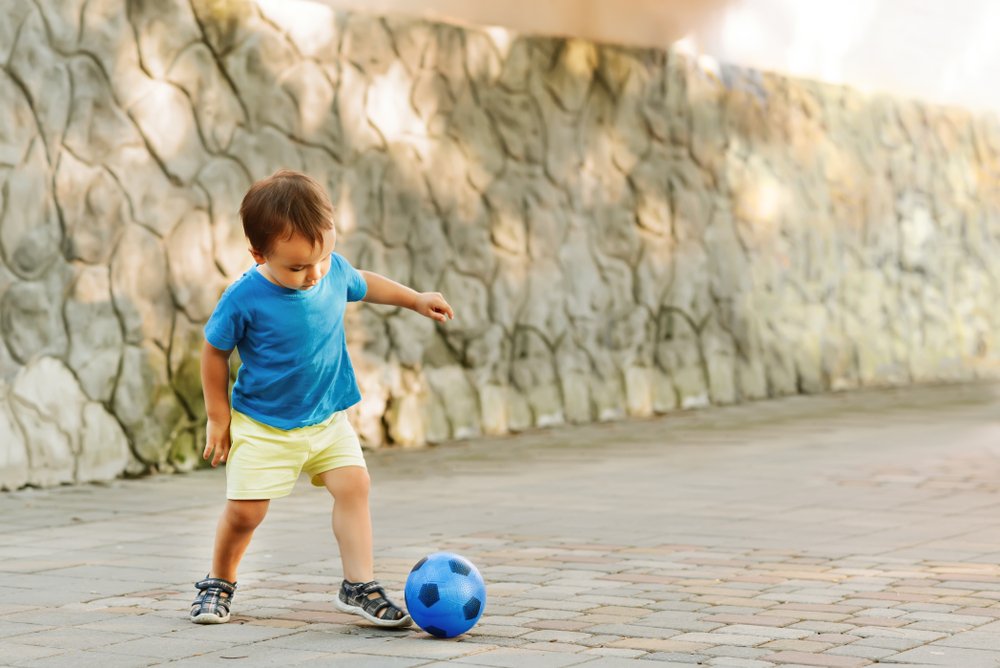
Key points: Kicking a ball is a significant physical and motor milestone for children around two years old. The development of kicking starts…

Key points: Baby’s brain develops 90% of its adult size in the first three years. Early experiences shape neural connections crucial for brain…

Key points: Understanding ownership is a crucial developmental milestone at around 29 months. Ownership is an abstract concept, vital for social and emotional…

Key points: Play is an excellent way for children to learn, and wooden toys are a great option for open-ended, creative and free…
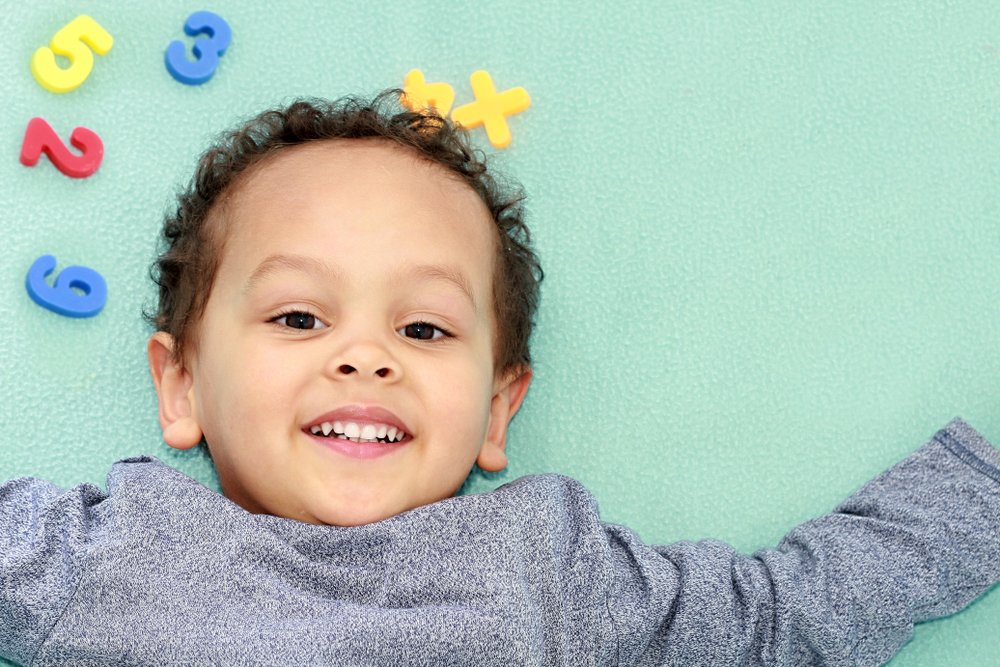
Key points: Children at this stage have developed basic math skills and are starting to understand the concepts of parts and wholes, counting…

Key points: Children develop number awareness by recognizing numbers, understanding how counting works, and learning one-to-one correspondence. Sorting and classifying objects is an…

Key points: Early mathematical concepts in children are developed through their routines, experiences, and interactions with their environment and caregivers. Children’s number sense…

Key points:1. Babies start developing math skills from birth, recognizing quantities and patterns.2. Early math concepts like “more” and “enough” begin to make…
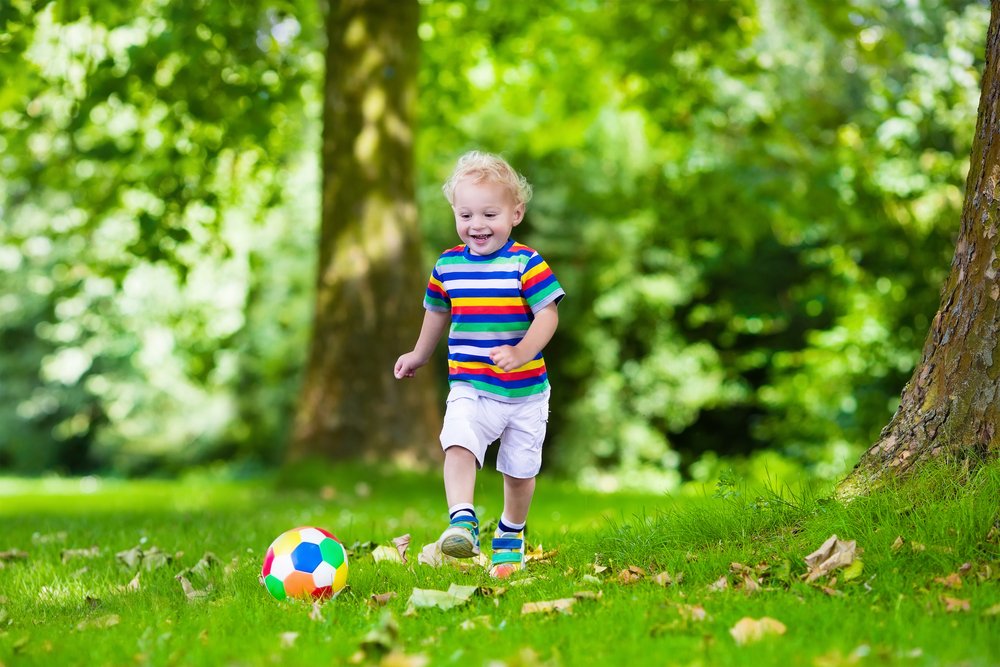
Key points:1. Your child’s physical skills, muscle control, balance, and coordination are developing.2. Progressing from one skill to the next is a sign…

Key points:1. Walking is a significant step toward independence for your child.2. As they become more mobile, they develop curiosity and can explore…

Key points:1. Learning to walk typically takes around 12 months, as many skills and muscles need to develop first.2. Strong neck, arm, core,…
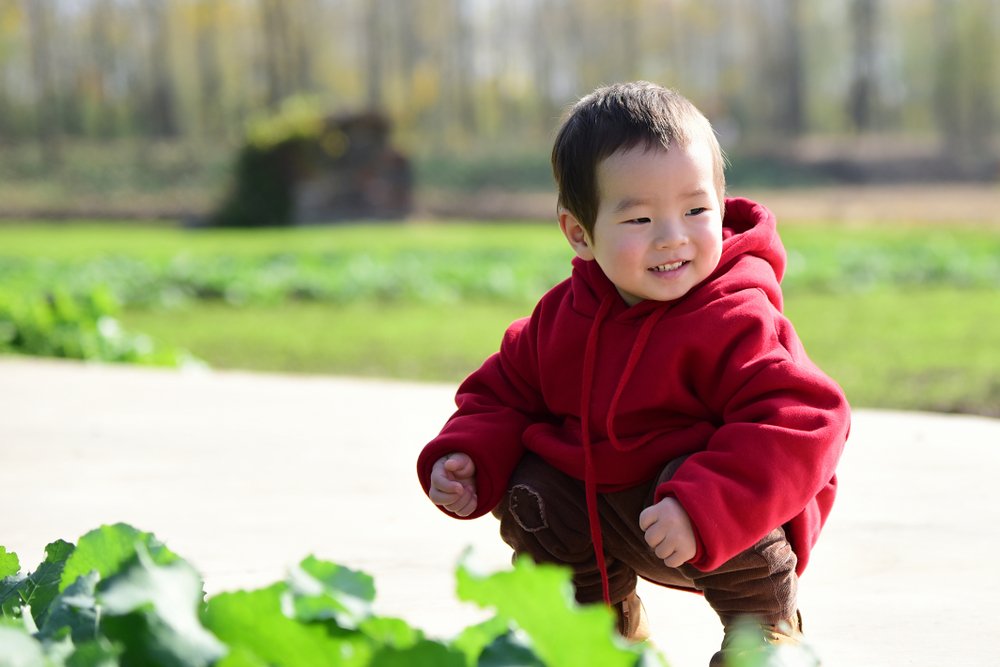
Key points:1. By 12-14 months, your baby can go from standing to squatting, showcasing balance.2. They develop neck muscles to maintain their balance,…

Key points:1. Your baby can stand while holding onto objects between 10-12 months.2. They’ll briefly stand with your help, enhancing balance skills.3. Around…
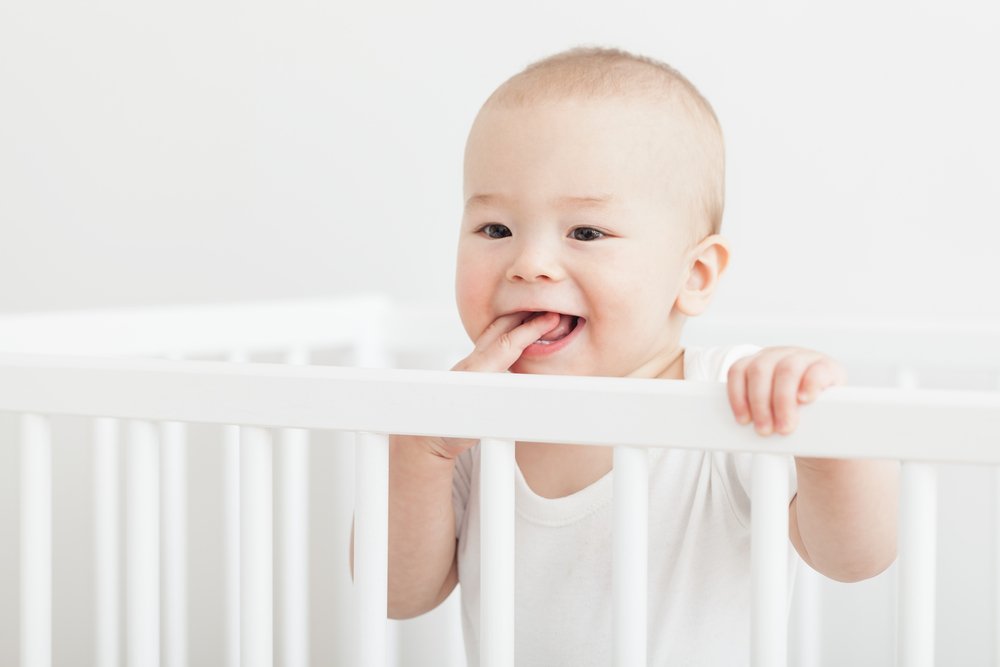
Key points:1. Standing up is a key physical milestone that typically occurs between 9 and 14 months.2. It involves various skills such as…

Key points:1. Consonant pronunciation development is crucial for speech and academic success.2. Alveolar consonants (t, d, n) are among the first sounds children…

Key points:1. Phonology is the study of speech and word sounds in a child’s language development.2. It’s a cognitive skill crucial for academic…
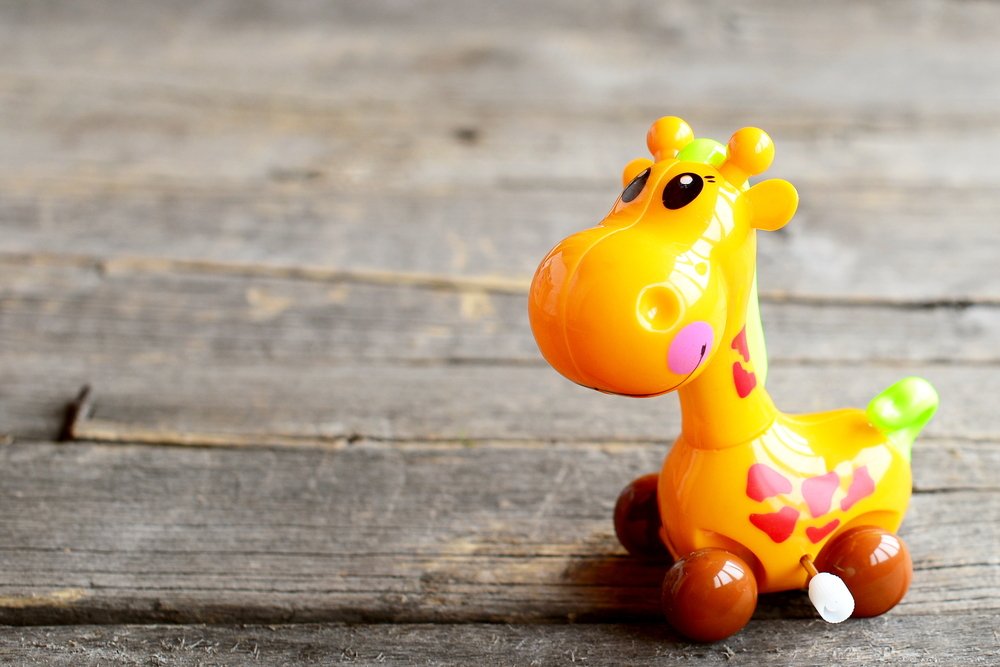
Key points:1. Toys provide a valuable opportunity for children to learn and explore.2. Mechanical toys, like building blocks and shape sorting kits, offer…